Mat Sabu grilled by Opposition MPs over local rice supply
KUALA LUMPUR: Agriculture and Food Security Minister Datuk Seri Mohamad Sabu faced tough questions in Parliament as Opposition MPs pressed him over the local rice shortage.
He defended the government’s RM150mil allocation to maintain the RM2.60 per kg price for local white rice (BPT) for six months, after which the situation would be reassessed.
However, Mohamad admitted that market manipulation was occurring and acknowledged that existing laws were inadequate to prosecute offenders.
He announced that the government would review relevant legislation within six months to address supply issues.
He noted that the RM2.60 price, set in 2008, had not accounted for rising wages, electricity, and labour costs, forcing several Bumiputera rice mills to shut down.
“MyCC’s report will be presented soon. Frankly, I’m facing a problem. To maintain the RM2.60 price while producing 24 million bags of rice in six months, we need RM150mil to support millers. After that, we will reassess,” he said.
He also raised the concern that local rice could eventually become more expensive than imported rice.
Former agriculture and food industries minister Datuk Seri Dr Ronald Kiandee, meanwhile, asked why the public could only buy local rice at government-organised Jualan Rahmah sales, despite official claims that supply was sufficient.
Meanwhile, Opposition Leader Datuk Seri Hamzah Zainudin raised concerns over imported rice pricing, pointing to supermarket promotions that slashed prices from RM48 to RM33 — a 30% discount.
“Where is the logic? Is this truly imported rice, or has local rice been repackaged?” he asked.
Earlier, the government confirmed it would maintain the RM2.60 per kg price for local white rice by absorbing RM150mil in production costs over six months.
In response to Ahmad Tarmizi Sulaiman (PN-Sik), who asked whether the government would set a ceiling price for imported rice, Mohamad said there had been no discussions at that level yet.
“The issue of capping imported rice prices has not been considered so far. If import prices rise too sharply and we impose a price cap, the government would have to bear significant costs.
“We will assess the situation over time. For now, we will proceed with the six-month plan I outlined last week,” he said when winding up his ministerial reply on the motion of thanks for the Royal Address on Wednesday (Feb 19).
However, he acknowledged the need for rice imports to supplement local supply. The government has been monitoring the decline in global rice prices since October 2024, following India’s decision to lift export restrictions on white rice.
Currently, the ministry is in further discussions with Bernas to review the pricing structure of imported white rice to ensure consumers can access supplies at lower prices, ultimately helping to reduce the cost of living, Mohamad added.



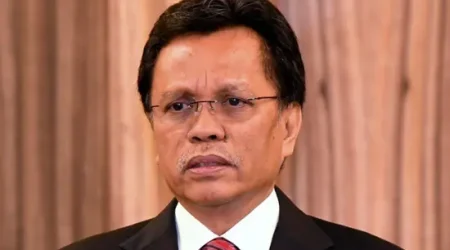
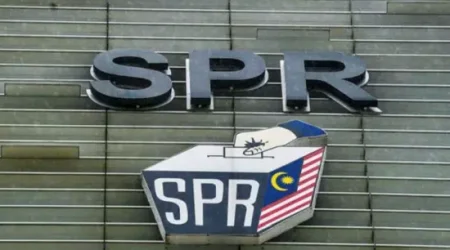
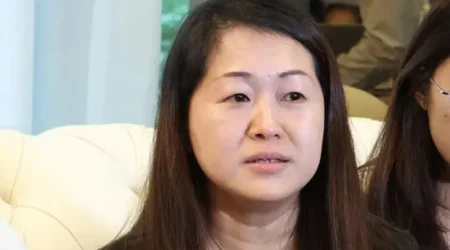

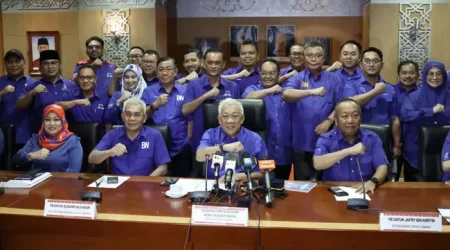
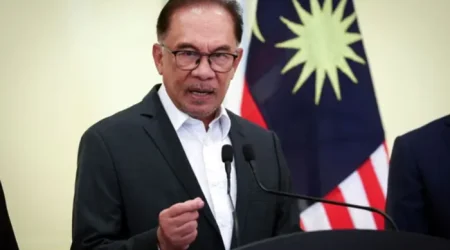
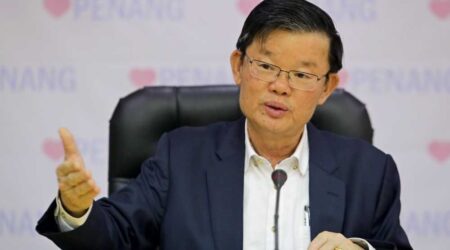
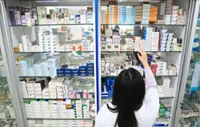
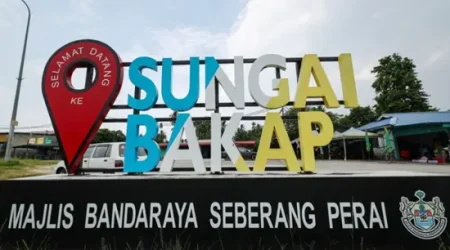

Leave a Reply